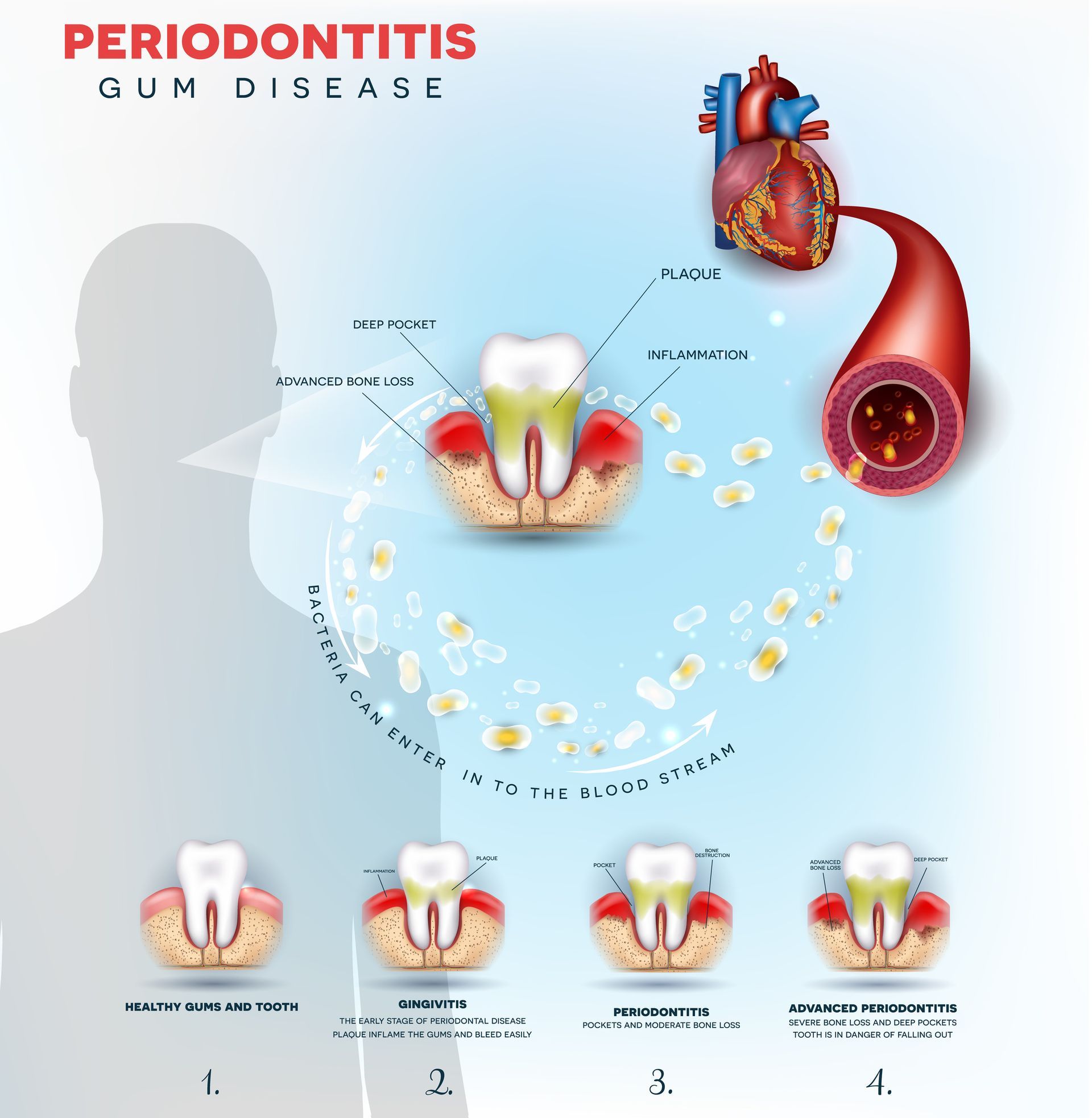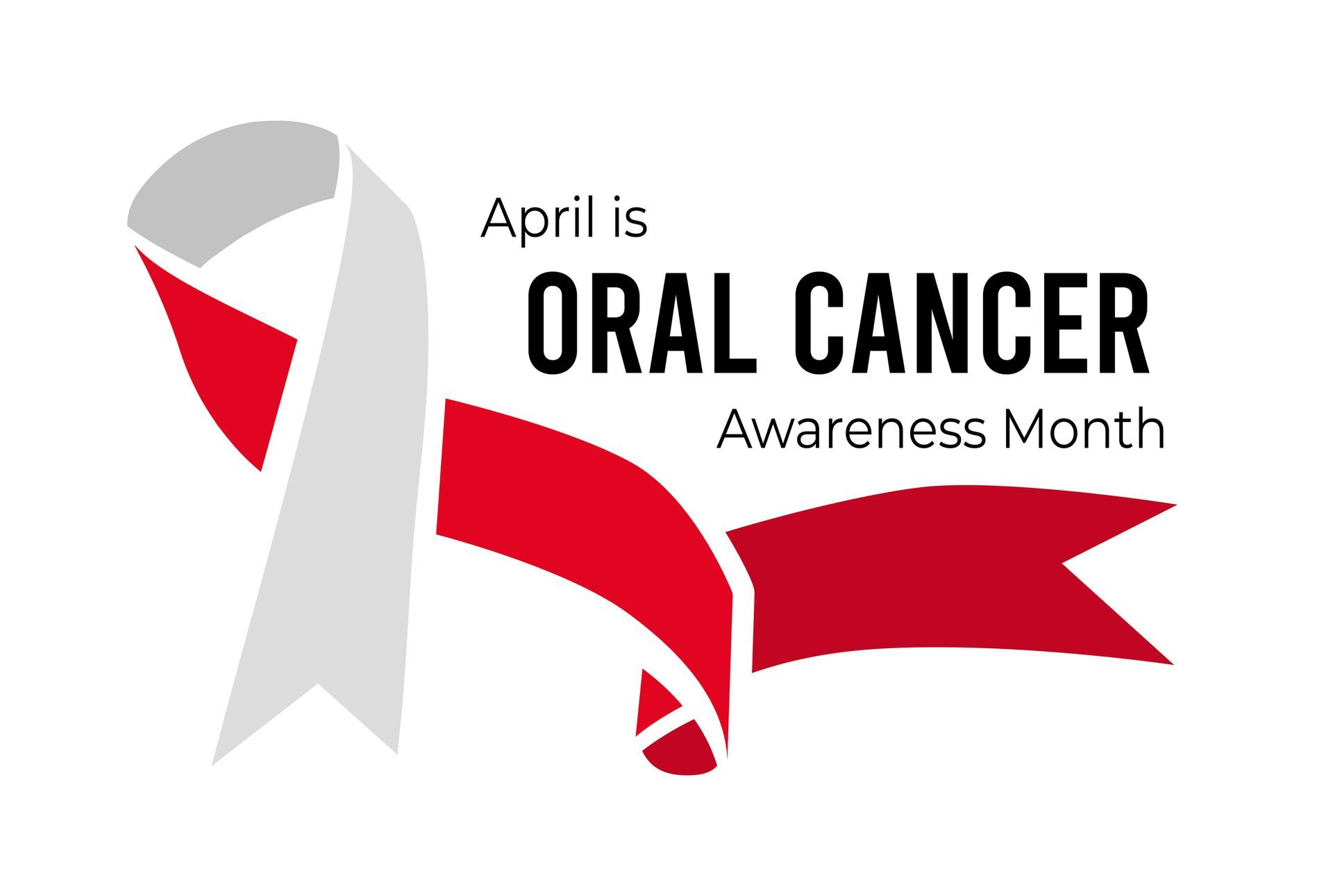The Heart of the Matter: Exploring the Link Between Gum Disease and Cardiovascular Health
The relationship between oral health and heart disease is a compelling example of how seemingly unrelated aspects of health are intricately connected. Research over the past few decades has increasingly supported the notion that the state of one’s oral health can significantly impact heart health, suggesting that the path to a healthy heart might just begin with taking care of one’s mouth. This article explores the current understanding of how oral health is related to heart disease, including the mechanisms behind this connection, evidence supporting it, and implications for prevention and treatment.

The Connection between Oral Health and Heart Disease
The link between oral health and heart disease primarily revolves around the effects of chronic oral infections, such as gingivitis (gum inflammation) and periodontitis (severe gum disease), on the cardiovascular system. The primary culprits in this connection are the inflammation and bacteria associated with these oral conditions.
Inflammation
Inflammation is a natural response of the body to infection or injury. However, when inflammation becomes chronic, as it often does with persistent oral health issues, it can lead to harmful effects throughout the body, including the heart. Chronic inflammation is associated with the development of atherosclerosis, a condition characterized by the buildup of plaque in the arteries, which is a significant risk factor for heart disease.
Oral Bacteria and the Cardiovascular System
Bacteria from the mouth can enter the bloodstream through bleeding gums, especially in the context of poor oral hygiene or periodontal disease. Once these bacteria enter the bloodstream, they can attach to fatty plaques in the heart’s blood vessels, contributing to clot formation and increasing the risk of heart attacks. Moreover, the immune response to these bacteria can further exacerbate inflammation, leading to vascular damage.

Evidence Linking Oral Health and Heart Disease
Numerous studies have established a correlation between poor oral health and an increased risk of heart disease:
• Research has shown that individuals with periodontal disease are at a higher risk of developing heart disease.
• People with poor oral hygiene exhibiting gum disease symptoms are more likely to suffer from coronary artery disease.
• A meta-analysis of studies has suggested that oral infections, particularly periodontitis, are associated with an increased risk of atherosclerosis and hypertension, key risk factors for heart disease.
Mechanisms Behind the Connection
The mechanisms linking oral health and heart disease are multifaceted, involving:
• Direct effect of oral bacteria on the arteries: Oral bacteria can directly affect the arteries when they enter the bloodstream, contributing to plaque buildup and atherosclerosis.
• Inflammatory response: The body’s response to oral bacteria can lead to systemic inflammation, a known risk factor for heart disease.
• Immune response and endothelial dysfunction: The immune system’s response to these bacteria can cause endothelial dysfunction, a condition in which the blood vessels are unable to regulate blood pressure and blood clotting effectively.
Implications for Prevention and Treatment
The connection between oral health and heart disease has significant implications for preventive strategies and treatment approaches:
• Oral hygiene: Maintaining good oral hygiene practices, including regular brushing, flossing, and dental check-ups, can be a straightforward strategy for reducing the risk of heart disease.
• Periodontal treatment: For individuals with periodontal disease, timely and effective treatment can potentially mitigate the risk of heart disease.
• Lifestyle changes: Beyond oral hygiene, lifestyle changes that promote overall health, such as quitting smoking, eating a balanced diet, and exercising regularly, can also help lower the risk of both oral health issues and heart disease.
Conclusion
The intricate link between oral health and heart disease underscores the importance of holistic health practices that consider the body as an interconnected system. By acknowledging and addressing the health of the mouth, we can take significant strides in preventing heart disease, emphasizing the broader implications of oral hygiene beyond just avoiding cavities and gum disease. As research continues to evolve, the integration of dental care with cardiovascular health strategies may become increasingly prominent, offering new avenues for preventing and managing heart disease.




